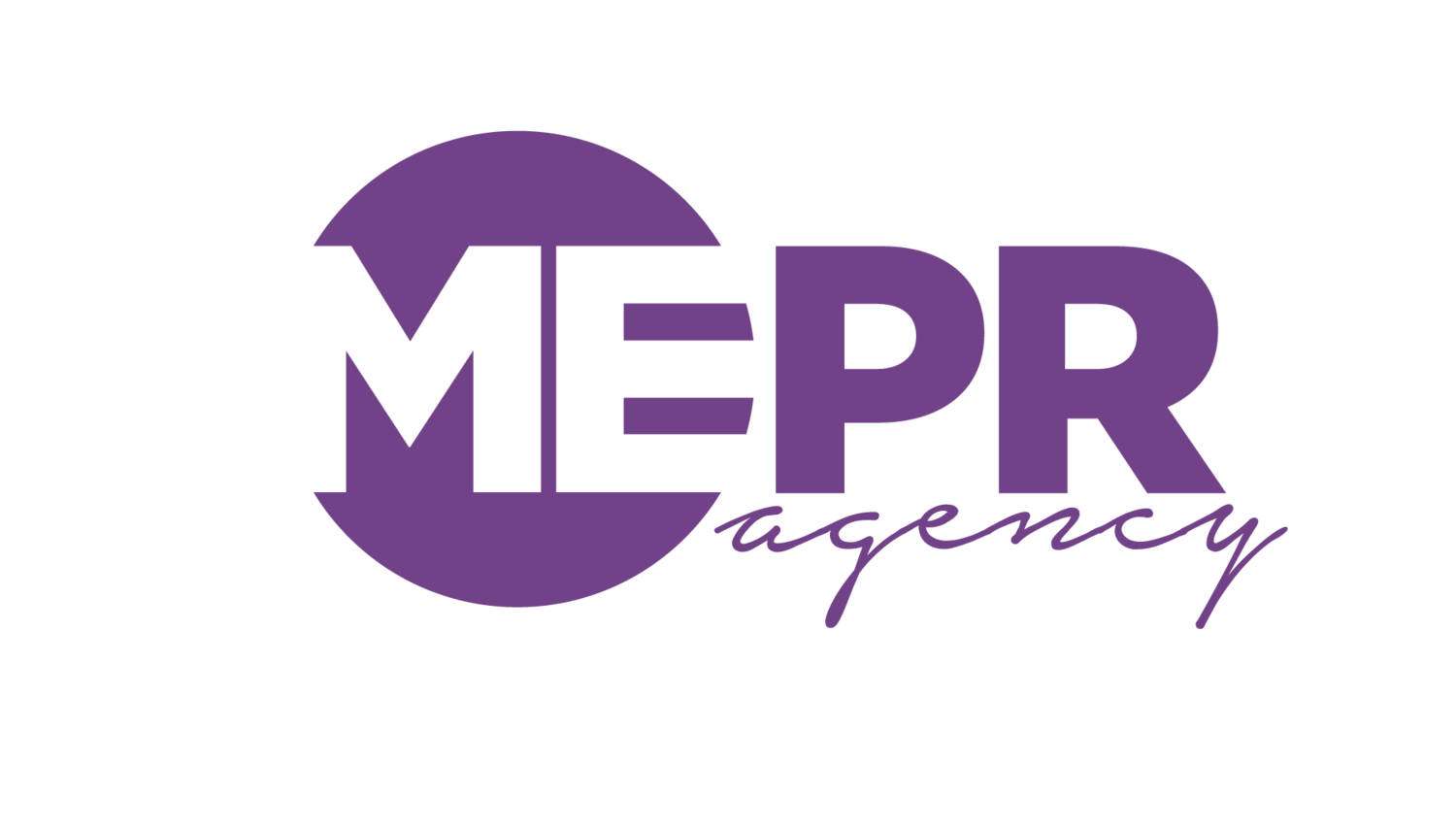Meaningful Community Engagement That Really...Means Something
There are a couple of new buzzwords that have been swirling around this year. If you're headed to a professional conference or in an industry social media group, you are likely to hear everyone is abuzz talking about "equity" and "community engagement".
We've graduated to deeper conversations. Well, kinda. As a community, and also as a communications industry, we've been tip toe'ing around some hard conversations over the last several years. It seems we are now at a point where we at least want to have the conversation about the conversation. I'm still not sure if we really want to be smacked in the face with the truth. We are at a point in the world where so much is going wrong that these topics feel like a place we can "make things right". But feelings aren't facts and we still need to go deeper.
That's why I was excited to have a really tough conversation with a group of local nonprofits, funders, private businesses, and government agencies looking to jump into Collective Impact work. In a nutshell, collective impact is based on five core tenets (that you can find with a quick google search of collective impact forum) and works to bring together a variety of actors - collaborators, funders, and community - that are aiming to solve a large root cause issue. Or at least that's what we'd like for this effort to be doing. And, I believe it could.
But first, let's get real, real quick.
On Friday (July) 13th I kicked off a day-long training on Meaningful Community Engagement with Center for Nonprofit and their Collective Impact Learning Community. In addition to a kick in the face "What is Community Engagement and Why Does it Matter" session, I also moderated a panel with representatives from former client Metro Arts: Nashville Office of Art & Culture, current client and collective impact campaign Rivive Nashville, and current mixed use, mixed income redevelopment project Envision Edgehill Apartments with Metropolitan Development and Housing Agency. They discussed managing the culture shift, the process, and the people on their team, as well as what they wish they knew before they started working in a collaborative.
My colleague and expert on collective impact David Moore beautifully ended the day connecting CI with how to lead a strong community engagement process.
I wrote a short and simple e-book to accompany the session that you can download for free until the the first guidebook comes out.
Here are the highlights:
1. Culture can be simply defined as a set of experiences - lived or learned.
2. People must see people in the leadership process of community participation who they can relate to. This is called representative leadership.
3. Set community norms that can address things upwards of how you’ll manage conflict.
4. Always include narrative with numbers. Otherwise people will use the data against certain communities.
5. Most have difficulty managing community processes because they don’t in fact know how to be a good neighbor / community (broadly defined) member.
6. People don’t want to necessarily be saved, leverage your power to enhance theirs and ensure they own the process.
7. Our approach is business-first. The process can be challenging if an org hasn’t begun the process of being inclusive internally. Staff and board have to be reflective. Otherwise you sit high and look low.
8. There is not just one definition of community engagement but at the core it needs to be sustainable, equitable, and on-going, and can lead to policy, law, or program shift.
9. Only do collective impact if you’re really going to address systemic, root cause issues.
10. Remember, best practices don’t always provide good outcomes.
11. What if there was no right or wrong in the process?
12. Go to the second table. The community owns the power there. And, they give permission for you to join...or not.
13. Invest in more than buildings and blocks. Build community through short term, maybe that has nothing to do with the process, but could prove valuable.
14. Social equity is expensive. Pay smaller organizations or community leaders, who rise to the top, something for their time. It’s not just a resume builder.
15. Equity isn't meant to be fair.
16. Community PTSD is real. People have adapted to the trauma.
17. Don’t let a need for diversity be your cue to only engage women or other comfortable communities to check a box.
18. Most don’t want to fund a listening campaign, but there is great value in starting there and really taking your time.
19. And I got to quote Robin Rather, derived from a quote she shared at the conclusion of her research of Nashville during NashvilleNext.
+ so, so much more.
Are you preparing a community engagement process? Or, are you considering the steps that might be most important to support your future effort? Let our team help yours develop a strategy or serve as a brain trust. Email for more information: info@mepragency.com











